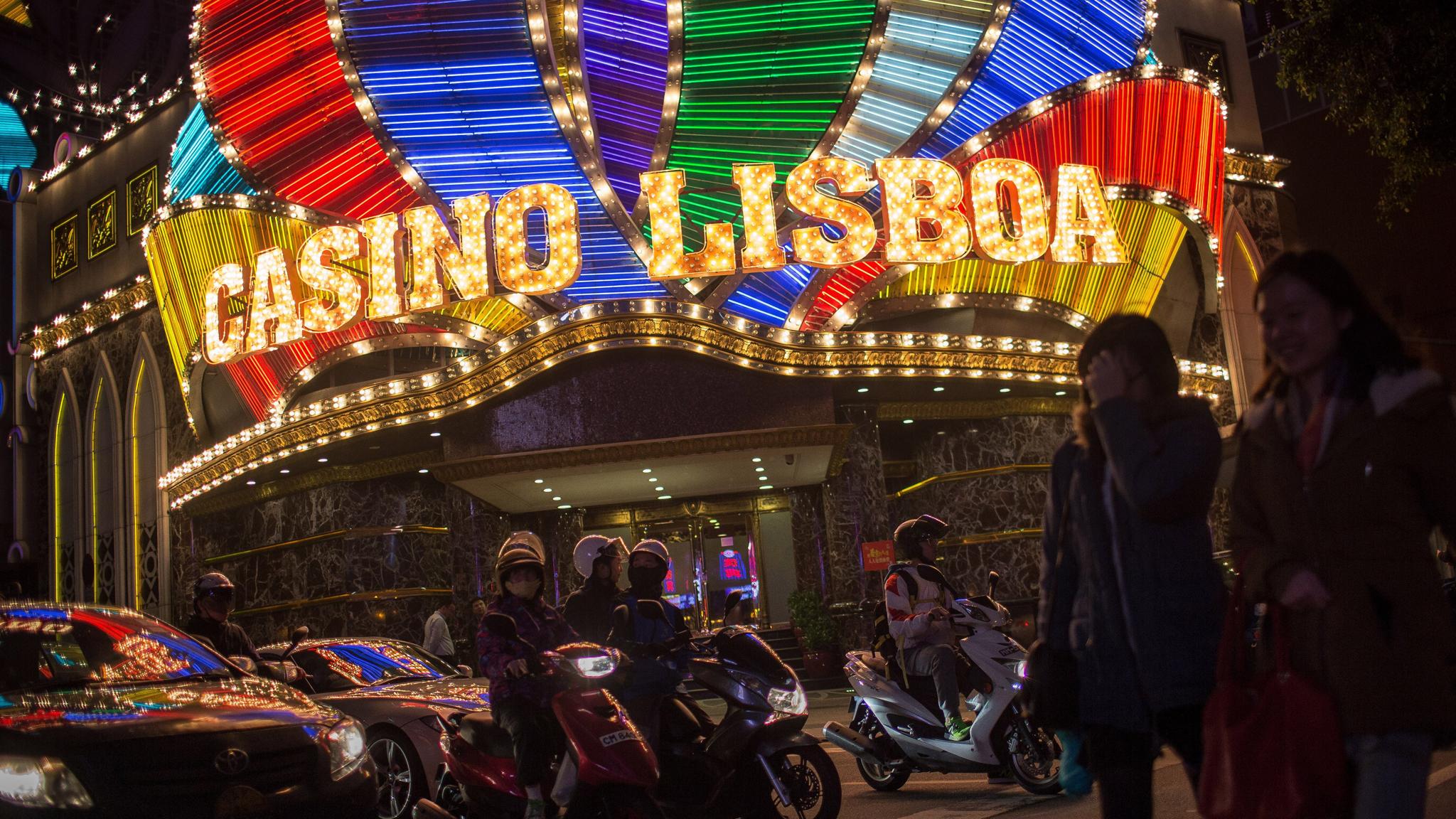SJM Holdings Net Profit Plunges 16 Percent in 2017, as Macau Market Share Continues to Decline
Posted on: February 28, 2018, 02:00h.
Last updated on: February 28, 2018, 10:04h.
SJM Holdings delivered less profit to shareholders in 2017, with the company saying in its year-end financial report that earnings per share fell 15.6 percent.

The casino company credits its continuing loss of market share in Macau for the drop. As of December 31, SJM owned 279 VIP gaming tables, 36 less than it did at the close of 2016.
The company also says construction costs of Grand Lisboa Palace, SJM’s first integrated casino resort on the Cotai Strip, pushed earnings before interest, taxation, depreciation, and amortization (EBITDA) down. The financial storm caused by August’s Typhoon Hato additionally hurt profits.
Despite lower returns for shareholders, CEO Ambrose So stated in a release, “SJM has entered 2018 in a strong position. In spite of challenges that arose during the past year, we achieved substantial progression.”
“We continue to be optimistic about the future of Macau and of SJM as a major contributor to Macau’s tourism industry,” the chief executive concluded.
Market Competition
SJM Holdings is the casino empire of Hong Kong billionaire Stanley Ho. The retired 96-year-old enjoyed a monopoly on Macau gambling for decades, but that ended in 2002 soon after the enclave was returned to the People’s Republic of China.
No longer are SJM Holdings’ aging casinos a premiere attraction for high rollers. Instead, multibillion-dollar integrated resorts constructed by Macau’s five other licensees, Las Vegas Sands, MGM Resorts, Wynn Resorts, Galaxy Entertainment, and Melco Resorts, are attracting the coveted segment.
Ho’s son Lawrence is the chairman of Melco, which owns Studio City and City of Dreams.
SJM’s reduction in VIP tables led to the company missing out on what was an otherwise robust year for Macau casinos. Gross gaming revenue (GGR) in the enclave surged over 19 percent, but for SJM, GGR was flat at a negligible 0.1 percent.
Gaming revenue accounted for 98.6 percent of SJM’s total revenue in 2017.
Looking Ahead
SJM hopes to finally have a major presence on the budding Cotai Strip by the end of 2018. Its $4.6 billion Grand Lisboa Palace will have 2,000 guestrooms, and a casino floor with space to accommodate up to 700 tables and 1,200 slot machines.
The resort will be located on the Cotai Strip’s southern end across from Studio City.
The oldest licensed gaming operator in Macau, SJM’s permit will expire in 2020. Earlier this month, So publicly stated that he hopes the enclave’s regulatory authority will soon unveil specifics regarding the renewal process.
So explained recently that it’s “everybody’s wish” that the Macau Gaming Inspection and Coordination Bureau give some sort of direction for renewal criteria so companies can properly prepare.
Along with SJM, MGM, which opened its $3.4 billion Cotai property this month, will see its license expire in 2020. The four others will enter the renewal period in 2022.
No comments yet